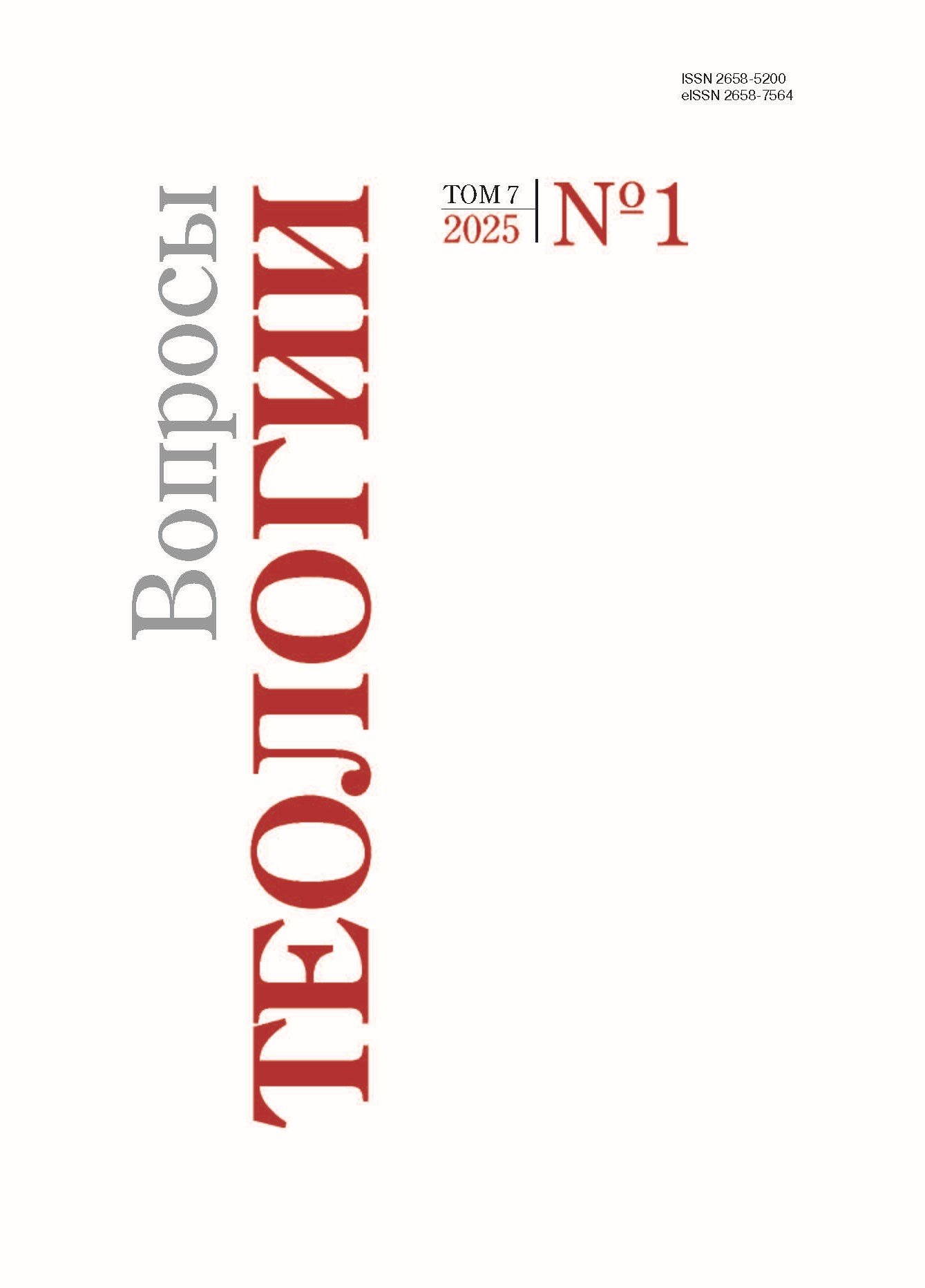On the Unknown
DOI:
https://doi.org/10.21638/spbu28.2025.103Abstract
The prophecy of Isaiah presents the paradox of a people who cannot know what he is teaching them, and will suffer accordingly, because they are to be prevented from knowing. The gospel of Mark explores this paradox. The paradox becomes greater and stranger when one considers other Biblical texts that affirm that Israel does know, and other nations do not. Knowing is a particularly powerful and direct, personal process that involves all five senses. The books of Job and Jonah present ironic comedies about unknowing, which can be innocently disingenuous or maliciously intentional. The Hebrew prophets severally intimate that we cannot know what God knows because He knows all His creation, particularly the animals, in a way we cannot. Secrecy involves knowing something oneself and keeping others from knowing it. There is a “Secret Gospel of Mark” about such secrecy, and it is suggested that its discoverer and his critics both failed to know the text because their prejudices became a barrier to understanding. The author proposes the stories of Elijah and Elisha as a basis for the “Secret Gospel”, and presents a Hasidic parallel to it. Prejudice is a harmful kind of unknowing, but many cling to it: the only way out, it is suggested, is faith in the realm of God — perhaps ironically, in the ultimate Unknown.
Keywords:
Alexander Pushkin, Isaiah, Deuteronomy, Psalter, Mark, beli-da‘at (Hebrew, “without knowledge”), Harold Bloom, Morton Smith, Yeghishe Charents, Jorge Luis Borges, “Secret Gospel of Mark”, Job, Jonah, Elijah, Elisha, Hasidism, animals, Nikolai Gumilev, Nadezhda Mandelstam, Osip Mandelstam, Fr. Pavel Florensky
Downloads
References
References
Downloads
Published
Issue
Section
License
Articles of "Issues of Theology" are open access distributed under the terms of the License Agreement with Saint Petersburg State University, which permits to the authors unrestricted distribution and self-archiving free of charge.




